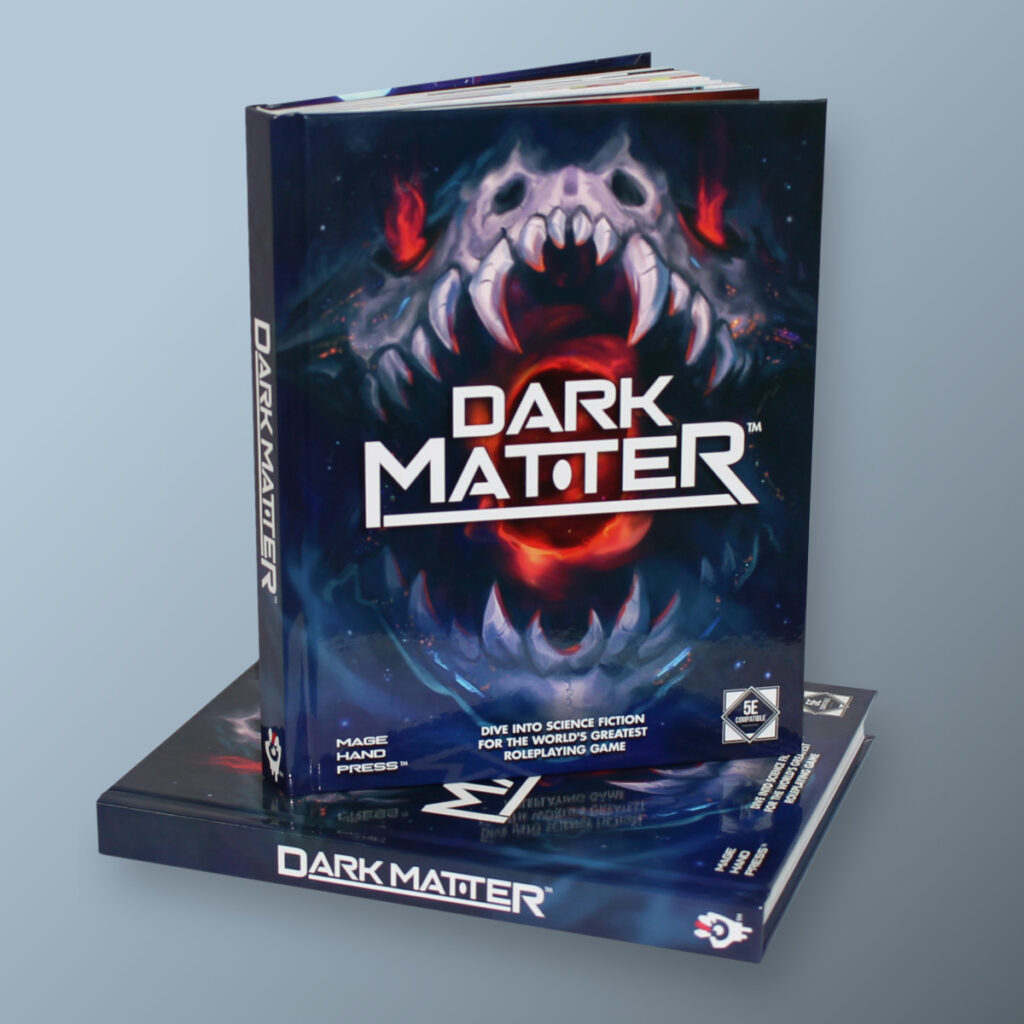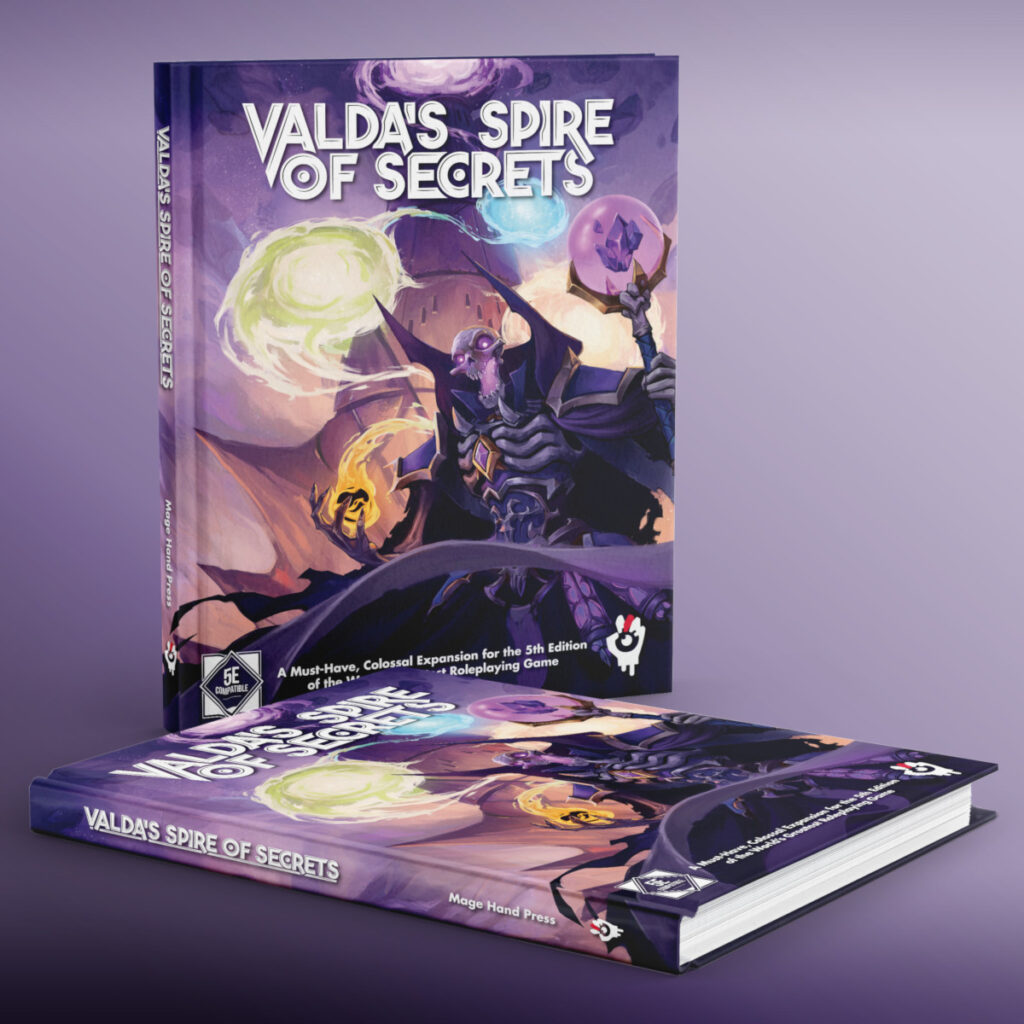It’s the Dungeon Master’s job to keep things fun and fair for everyone. But what do you do when the party has too much power? What if someone in the party is too strong? Too weak? Let’s talk about the way you can balance the game against the party in the current edition.
Party Almighty
They killed the boss you sent after them in two turns, and only one of them was hit. Clearly, something must be done. Unfortunately, this situation is all too common for DMs who converted over to this edition. So what gives?
In all editions, a single creature with a Challenge Rating equal to the party’s level is intended to be an appropriate challenge, but what the game means by ‘appropriate challenge’ seems to have fluctuated. Fifth edition is most like D&D 3.5, where having CR be exactly on the party’s level meant a 50/50 chance of party success. Of course, as time went on, the 3.5 edition succumbed to a condition called Power Creep, wherein the core books were gradually outclassed by newly published material, and it became generally understood that CR needed to be shifted upward accordingly if newer material was in play. In 5th edition, however, setting the CR of an encounter to a party’s level typically results in a pretty comfortable encounter for the party (unless everyone rolls badly at critical moments.) If you want an encounter to threaten your party in this edition, you need to shift CR by three or four levels right at the beginning.
In most published Wizards of the Coast adventures, this is exactly the case. The Challenge Rating of many bosses, as well as other challenging encounters, is well above the party’s expected level. And, often, they are still expected to avail in these circumstances. I’ve discussed why that is before — reasons range from the more forgiving and drawn-out death mechanics, to the prevalence of magic items, which are never accounted for in the party’s effective level and are simply more potent in this edition — but the reality is that DMs need to be aware of this issue, and plan their encounters accordingly.
In addition to presenting the party with higher CR creatures, consider adding other circumstances to combat that might hinder the party. Poison gas that deals 5 damage each round might not sound too deadly, but it goes a long way to making the party feel much more challenged.
Strong Man in the Party
Everyone’s had that ‘one guy’ in the party who simply has the best character. He deals the most damage, has the best skills, and somehow has the best AC and HP to boot. Some of this might have been due to the DM or player meddling with less than tested homebrew, but the situation is here to stay: how do you deal with it?
As the DM, check every rulebook and online ruling you can to make sure the player isn’t exploiting some sort of rule accidentally. You’d be surprised how often an incorrect ruling can cause this entire problem in the first place.
If that proves fruitless, there’s two different options to try out at the table: curse or cheat.
*Note: Only curse or cheat if you think, within your group, no taboos will be crossed and no feeling will be hurt.*
You can curse the character in a variety of ways. Simply put, find a story reason for an assassin to be hired, for a villain to come back to life, or for a powerful god or devil to get involved. This malicious entity takes aim at the most powerful character because of something they’ve done in the past, and hinders them in some critical way. This could be an actual curse, or some other hindrance, like blinding the character in one eye, which constitutes a -X penalty on attack rolls.
Cheating is exactly what is sounds like. When the monster rolls, you just make sure it has better rolls against the offending character. Now, a lot of DMs are completely against this on an ethical standpoint, but I counter with this reasoning: sometimes you have to cheat to do your job. If your job is to keep everyone happy at the table and one character is ruining the fun, then you have to cheat.
Last, but not least, you can just pull the player aside and ask them to lower some values on the character sheet. D&D is a social game and it sometimes demands the simple social solution.
Weakling in the Party
So one guy decided his character was going to have an AC of 9, specialize in knowing lots of languages, and only knows utility magic. He’s going to get murdered the second he steps into a fight. What do you do?
The answer to this one is actually built into the edition already: inspiration! Characters that are deeply focused on roleplay can survive quite of bit of combat if they have a frequently replenishing supply of inspiration. As the DM, you just have to remember to keep doling out the inspiration to the character in question. If that doesn’t work, a magic item with the character’s name on it is in order.



